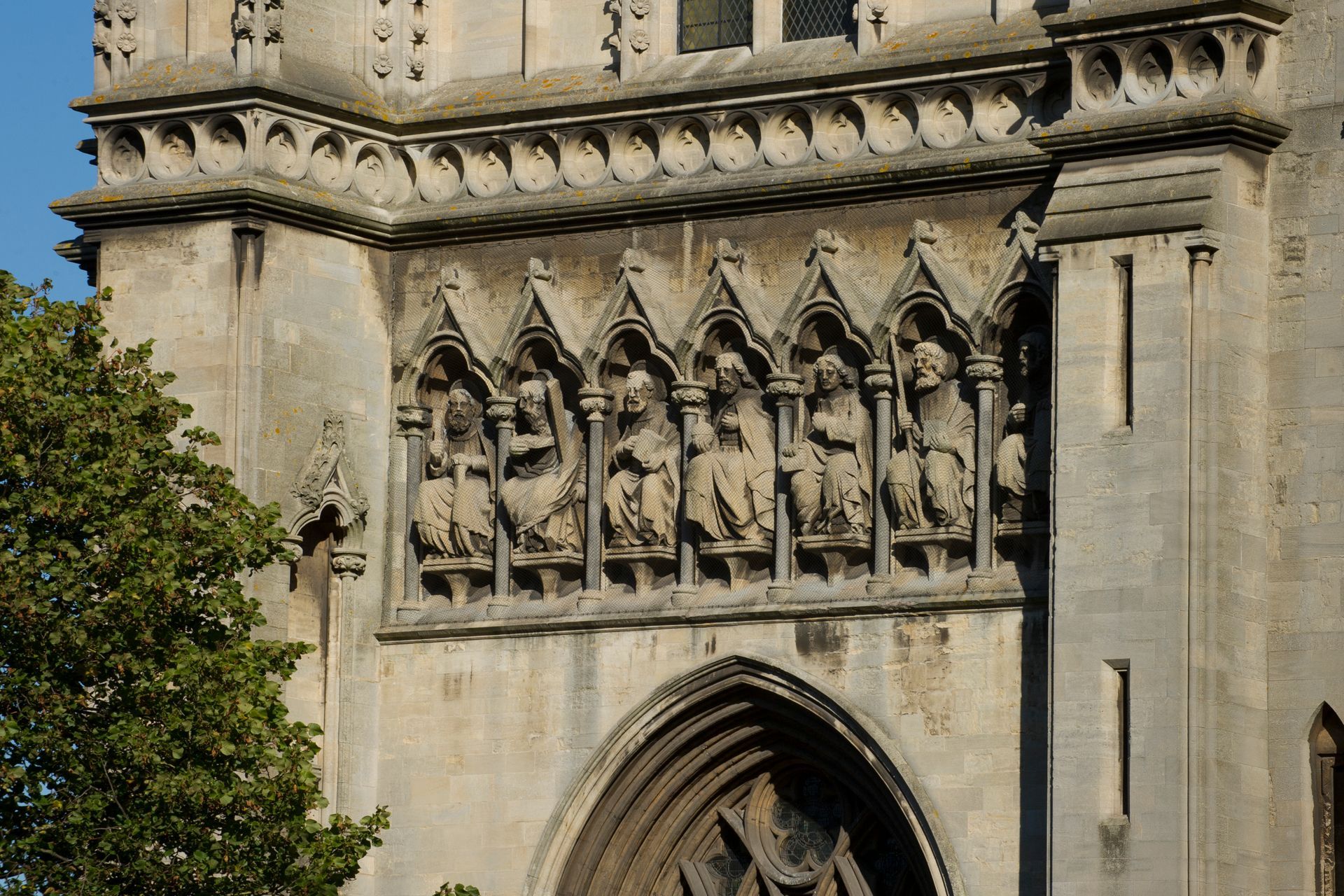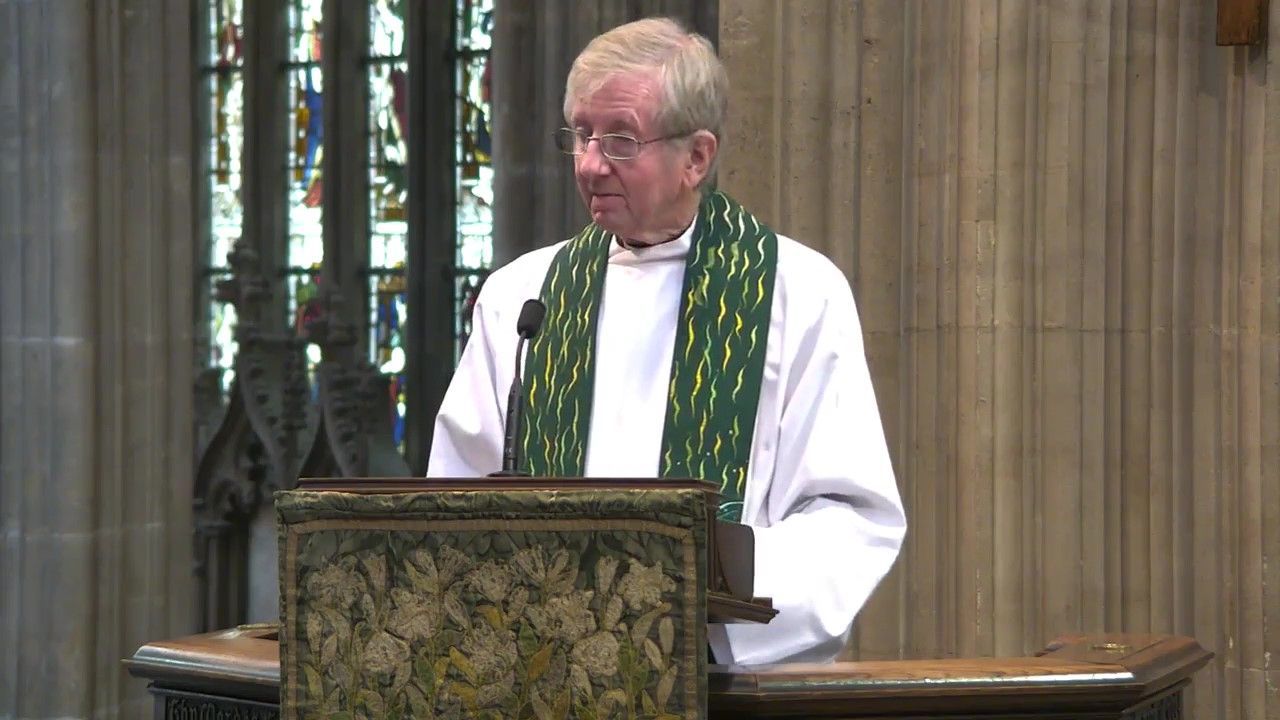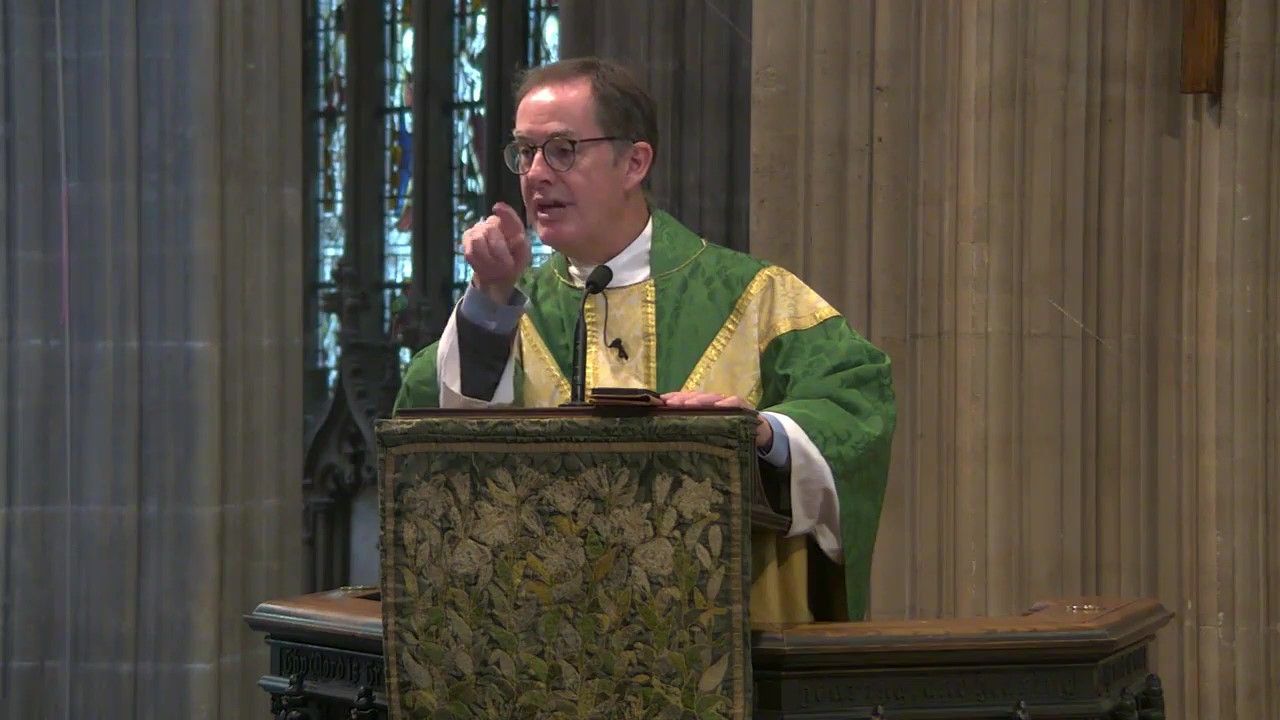Even the dogs eat the crumbs from the table
"Even the dogs eat crumbs fallen from the table"
There are moments of synchronicity which make me sit up and take notice: today is one such day! You will see below that I'm starting a new feature in this newsletter called "Getting to know you ... (again)" in which we are (re)introducing members of the ministry team. If you click on the link
here to read about this week's person you'll see that the woman at the heart of Sunday's gospel story from Mark's gospel, unnamed and unknown, makes an appearance.
In the gospel story she begs Jesus to heal her daughter, but she is a foreigner and Jesus responds to her in such a way as to remind her of 'her place'.
At this point, the woman does not do what those around her would expect of her: she does not slink off into the background never to be thought of again. Had she done so her story may well not have been remembered and retold down two thousand years of history. Instead, she girds her loins and rebuts Jesus: ‘Sir, even the dogs under the table eat the children’s crumbs.’
We have no definitive understanding of this encounter, no sure way of knowing why Jesus said what he said or why he then said: "‘For saying that, you may go — the demon has left your daughter.’ I favour the train of thought that allows for Jesus to be changed by this encounter.
Growing up in first century Palestine he would have lived all his life with suspicion and antipathy towards foreigners all around him. If Jesus is fully human then he would have been drawn into that mindset and culture. It's not his fault that he - it's not our fault that we - grow up with blinkers, blind-spots and prejudices. It is, though, our responsibility to be open to be changed by encounters that challenge our prejudices and encourage us to remove our blinkers.
My reading of this gospel passage allows for this; allows for a Jesus who is of his time, who listens to those around him, who learns from those he was educated to dismiss and who changes his mind when he learns that his view, his opinion, even his theology, is wrong.
How that woman knew what to say is one of the most interesting questions that arises from this passage: that's why she makes an appearance in this week's "Getting to know you". The groups working through the Pastoral Principles over the last few weeks have shared with one another how difficult it is to know how to challenge other people in the face of language or behaviour that betrays a blind-spot or a prejudice or that is not as inclusive as we would like this world - this church - to be.
It's not easy and there is no quick fix or magic phrase that will help in all situations. Perhaps one thing we can each do is to listen more attentively, to tune in to what someone is really saying to us, to hear when we are being gently challenged about our behaviour or our language and to change what we do ... and to that before we seek to change others.






